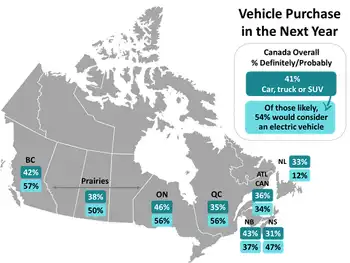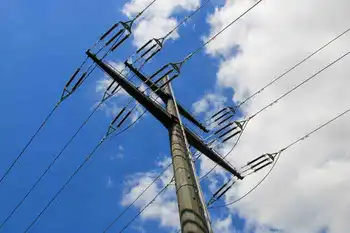Poland Postpones Power Legislation
INTERFAX-EUROPE - Poland's government now plans to postpone legislation on liquidating long-term power purchase agreements (PPAs) from the end of June to the end of August in order to work out a way of compensating power producers, a government official closely involved with the matter told the state news agency PAP.
"The draft act is already prepared, and the part that refers to setting the level of compensation for a particular producer is only missing," said Zbigniew Kamienski, a deputy director of the energy department at Poland's Economy and Labor Ministry.
The ministry was previously thinking of setting the compensation level separately for each producer, but though that would shorten the preparation of the needed bill, it would lengthen the implementation period, Kamienski said.
A draft project from the economy minister released in the fall of 2002 had put the third quarter of this year as the date for eliminating the contracts, worth some PLN 15 bln-20 bln and accounting for 60% of electricity trade.
The ministry's framework followed that many of the long-term contracts would be replaced with a multi-billion long-term bond issuance from a special purpose vehicle set up by the Polish Power Grid (PSE), which would pay off credits taken by generators and secured on the long-term contracts. The creation of a new energy group from the Belchatow, Opole and Turow plants (to be called BOT) would also free up some PLN 8 bln in contracts as its credits would be pledged on assets.
The long-term contracts between PSE and the country's generators were originally designed to give generators a viable financial asset against which generators could borrow for modernization purposes. But those contracts now block the market and maintain high prices.
Related News

Atlantic Canadians less charged up to buy electric vehicle than rest of Canada
HALIFAX - Atlantic Canadians are the least likely to buy a car, truck or SUV in the next year and the most skittish about going electric, according to a new poll.
Only 31 per cent of Nova Scotians are looking at buying a new or used vehicle before December 2021 rolls around. And just 13 per cent of Newfoundlanders who are planning to buy are considering an electric vehicle. Both those numbers are the lowest in the country. Still, 47 per cent of Nova Scotians considering buying in the next year are thinking about electric options, according to the numbers gathered…




